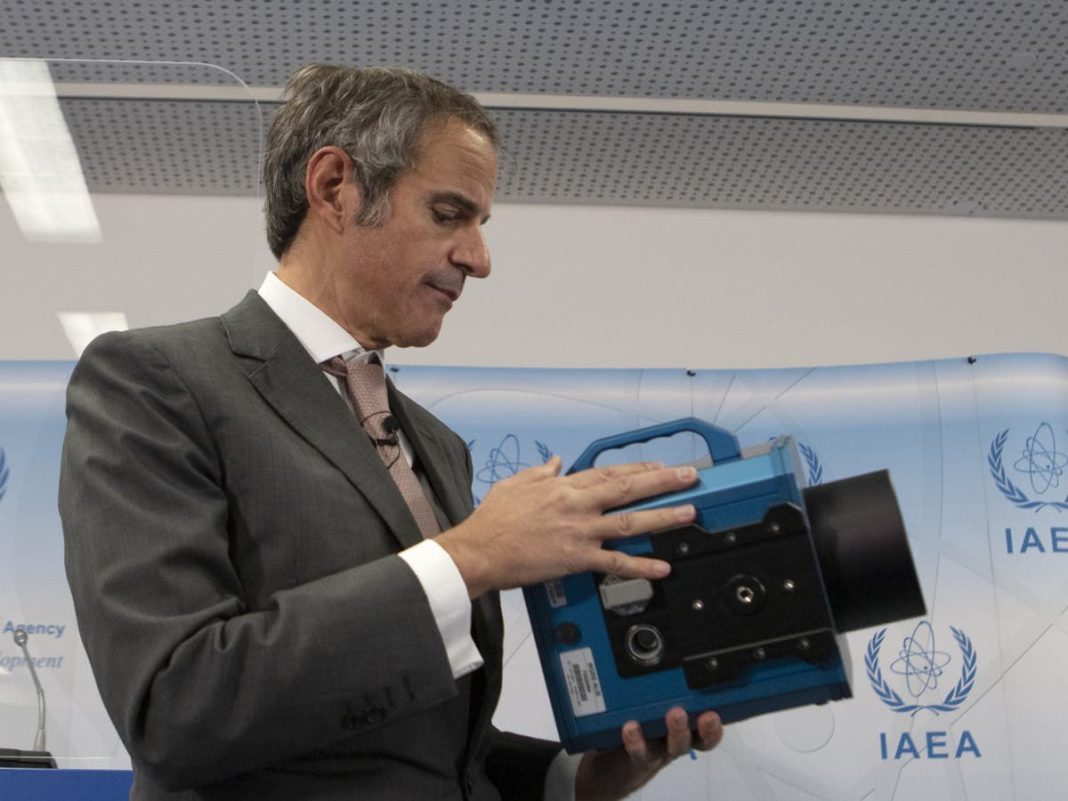Behrouza Kamalvandi, the spokesman for the Atomic Energy Organization of Iran
said during IAEA Director General Rafael Grossi’s 2-day stay in Iran, there was no talk of access to individuals nor was this laid out in an agreement in writing.
Kamalvandi stressed that the agreement between Tehran and the UN atomic body is absolutely in keeping with the Iranian parliament’s Strategic Action Law, which prohibits any move that would compromise Iran’s nuclear rights.
The AEOI spokesman further denied claims that Iran has agreed to the installment of new cameras at its nuclear facilities.
He said such an issue was not raised during talks with Grossi.
Kamalvandi also spoke about the 50% rise in inspections of Iran’s atomic installations. He said given that the 60% uranium enrichment started at Fordo facility and was also supposed to be increased to higher levels of purity, inspections had to be increased as well in line with the safeguards approach.
Accordingly, he noted, the number of inspections was previously 8, which was raised to 11 given the increase in enrichment level.
Kamalvandi also denied reports that Iran has agreed to give the agency access to the sites where traces of undeclared nuclear activities were allegedly detected.
He said the IAEA itself did not call for accessing the purported sites.
As for access to the map of Iran’s nuclear community, he said what Director of the AEOI gave Gross was a copy of Iran’s nuclear document (CPF), which decides the type of cooperation between the IAEA and Iran in areas like technical assistance and development.
Kamalvandi underlined that the document was prepared based on the comprehensive 20-year nuclear program if Iran.
